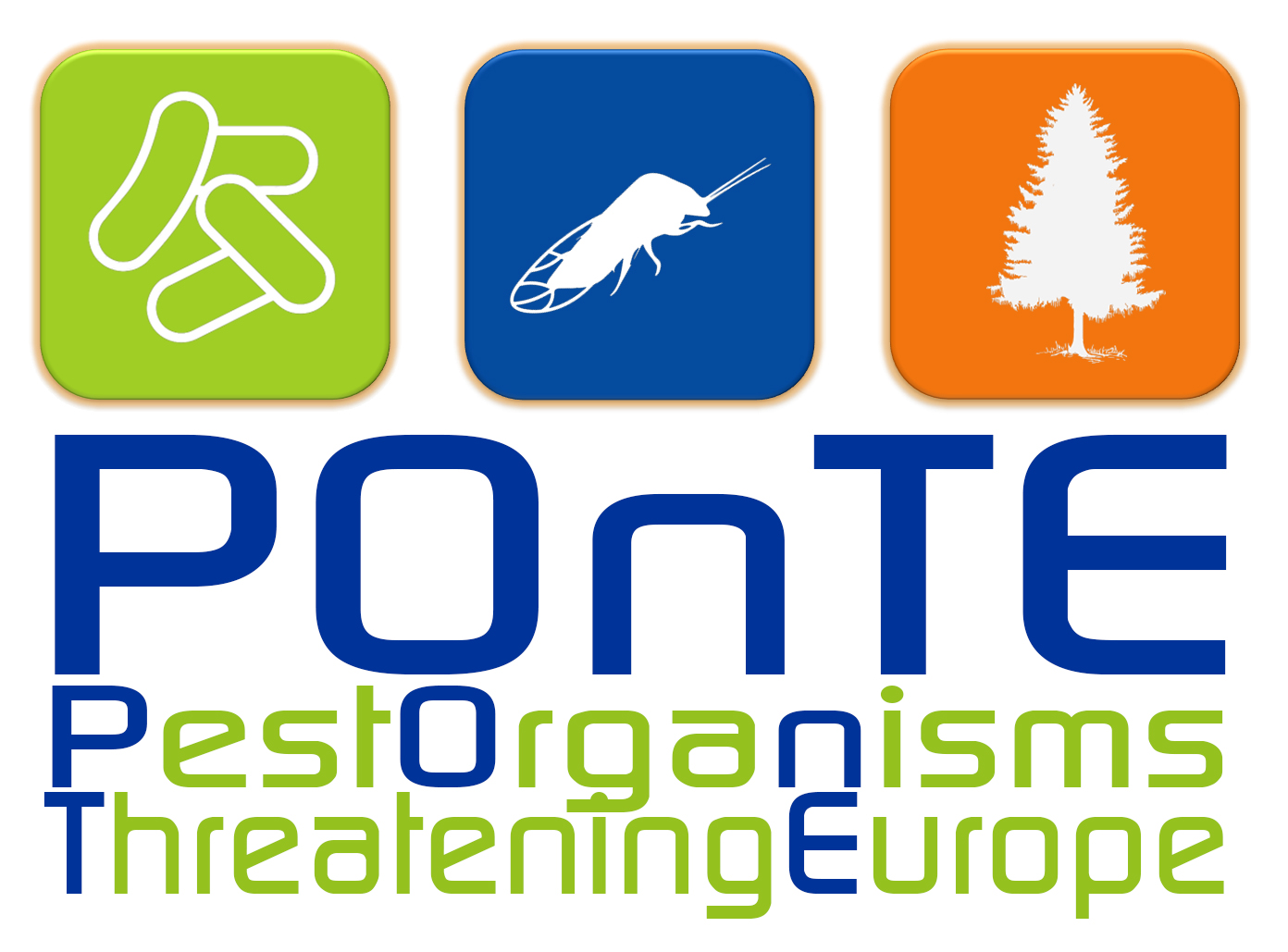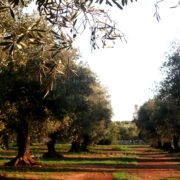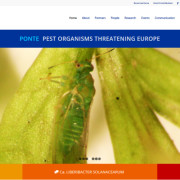POnTE and XF-ACTORS contribute to the knowledge on the host susceptibility to Xylella fastidiosa ST53
Following a request of the European Plant Health Authorities, the researchers involved in the H2020 Research Projects POnTE and XF-ACTORS submitted, on March 14, a technical report on the latest research findings about the hosts of Xylella fastidiosa subsp. pauca ST53.
The technical report describes the outcomes of the field observations and laboratory analyses aiming at investigating the susceptibility, resistance or immunity responses of major crop species to infections caused by the strain of Xylella fastidiosa associated with the epidemic of Olive Quick Decline Syndrome in southern Italy. While the results confirm the immunity of grapes and citrus, interesting new potential sources of resistance were discovered in olives.
Results of the needle-inoculations on grapevines cultivar Negramaro and Primitivo disclosed their immunity to this bacterial strain, coherently with similar results previously obtained with the cultivar Cabernet Sauvignon. In addition, extensive laboratory tests were performed on field samples collected from a wide range of grapevine rootstock varieties grown in the demarcated infected area of Apulia (southern Italy). The consistent negative results obtained from these tests, coupled with the failure of systemic infections upon needle-inoculation provide further evidence on the immunity response in grapevines.
On the other hand, for the susceptible host, i.e. olive, an integrated research program was developed to explore the presence of resistance genetic traits, by combining extensive field surveys and greenhouse experiments.The outcomes of this new research, while confirming the preliminary finding of resistance mechanisms activated in the cultivar Leccino in response to the infection of X. fastidiosa, allowed to identify an additional cultivar, the selection FS-17®, as a potentially useful source of resistance to X. fastidiosa. Trees of FS-17®, grown in the heavily infected area, showed a lower incidence of infections and symptoms, compared with the other tested cultivars (including Leccino), and a lower concentration of the bacterium.
The research work plan of both H2020 Projects is actively progressing with an extensive screening program on a wide panel of olive cultivars, to seek for resistant olive cultivar(s) that may reduce the impact of the Xylella-associated disease in the infected olive-growing areas.








